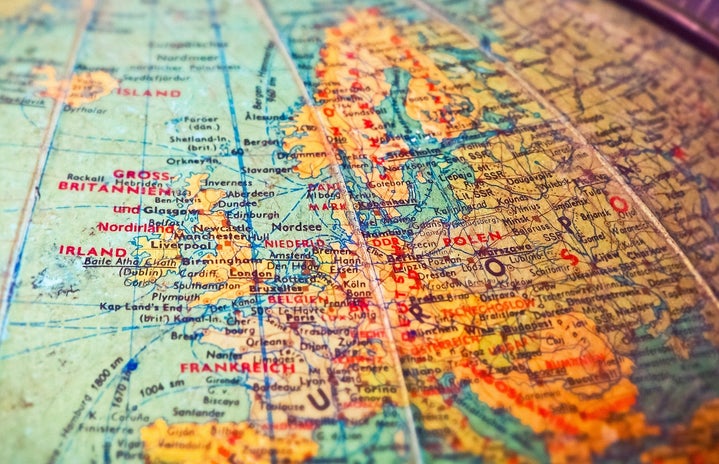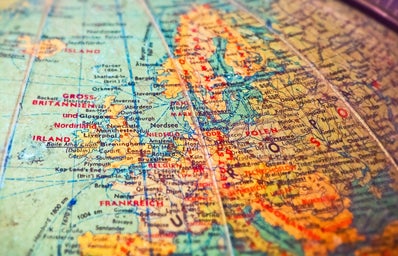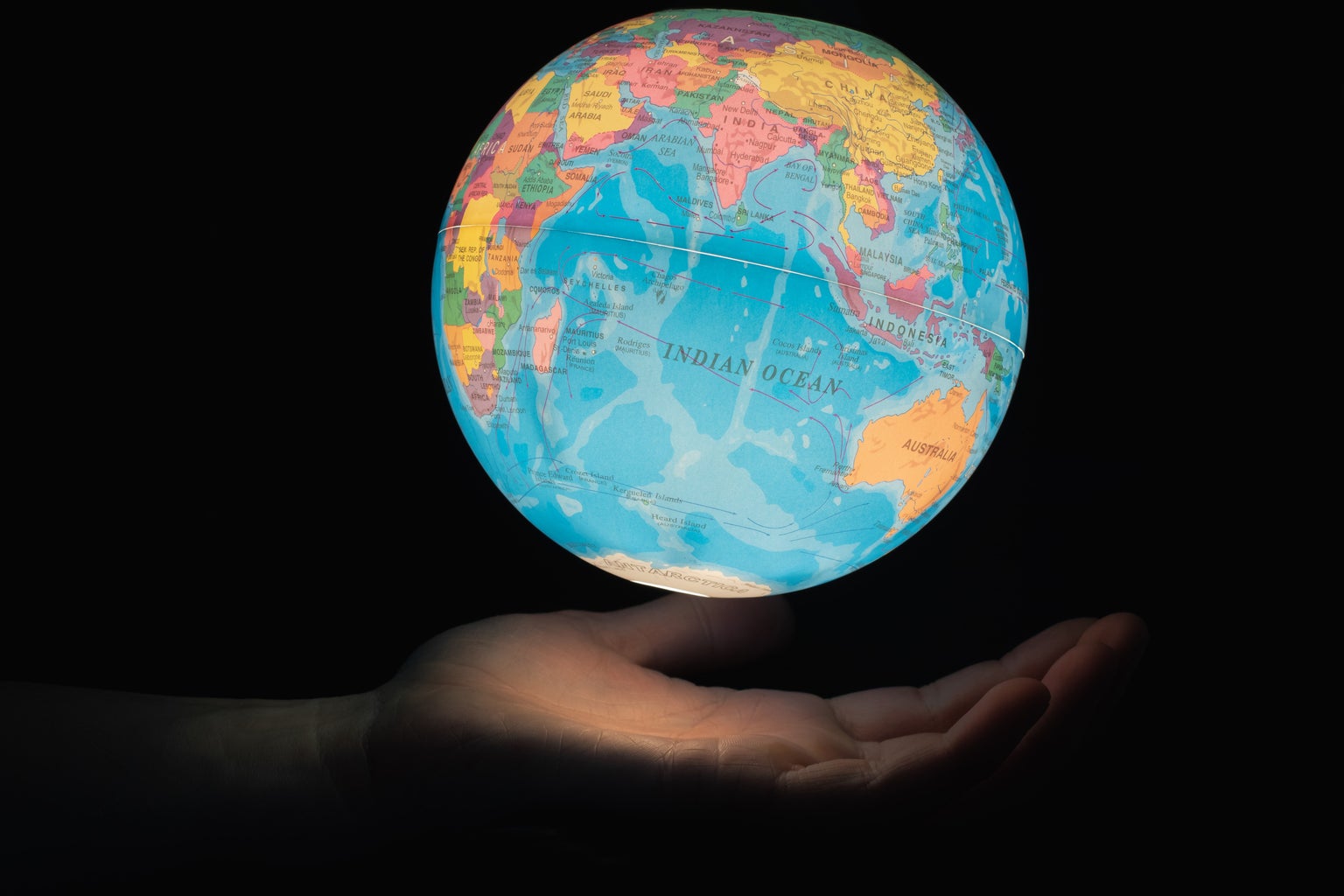When I was little, something always felt different about me, my family, and the country I was residing in. I would constantly remind myself of it. There were many words, foods, and habits that made part of my cultural identity as a Dominirican.
What’s a Dominirican? Well, there’s not an accurate definition of it online, but I would like to define it as “a person who declares their cultural identity as being both from Puerto Rico and Dominican Republic.” That definition was so hard for me to come to terms with when it came to me and my identity. When it came to my cultural identity, people would always like to push me towards one side of either country, when I really didn’t feel like I was one or the other. I was isolated because of what felt like a choice that I had to make. Nevertheless, I came around to fully accepting my cultural heritage: being an amazing mix of both islands.
First of all, I was actually born in Puerto Rico, and I reside here, too. It really is a beautiful island. It’s so captivating that you can’t take your eyes off it once you’re in it. There’s so much to say about it that you don’t even know where to start.
Shockingly, no matter how beautiful Puerto Rico is, I didn’t really like living here. I had good reasons, too. From a young age, I could see how difficult it was for me and my parents to assimilate to Puerto Rico’s culture.They were born and raised in the Dominican Republic and met later on, once they immigrated. From the stories they have told me, I can confirm that immigrating from the DR to PR was incredibly difficult.
The culture shock was incredibly real. As a child, my parents wanted me to fully experience my life as a citizen, someone who identified only as Boricua. They thought it would be easier to push me on that path, since I was born here. They would keep the Dominican culture inside doors, but once I got outside, that was it. They wanted me to easily assimilate to the customs and the words. I could even hear them start to code-switch whenever they were around other people who weren’t Dominican. To be fair, I understand completely why they wanted us to assimilate in that way. It is a way to feel included. To be an actual outsider and be on the outside of your island has to be scary.
I will always appreciate the sacrifices they made for me to have a nice and fairly easy life in Puerto Rico, not only that but for much more. However, the attempt to assimilate was one of the main reasons why I didn’t like living in PR, even if I was born here. For example, there’s a stereotype in Puerto Rico for the Dominican accent. This stereotype determined that when Dominicans talk, they shouldn’t be taken seriously because of the way they pace their words. While growing up, there were several moments where my family’s accent would slip, and I was made fun of by my Puerto Rican friends. I even felt ashamed of the accent slipping through. I didn’t get it. I somehow felt I was too different. To this day, I’m so confused as to why. Then I realized, how can I be ashamed of something so wonderful, something that has come culturally from my parents and is now stuck to me? An accent given to you like that is beautiful. But then I noticed Puerto Ricans paced their words too.
Puerto Rico and the Dominican Republic are very different, yes, but both have so many similarities. It’s a bit basic, but for example, our traditional plates are similar. Mangú and Mofongo are practically cousins if you want to think of it that way (which I do). We change normal words into our very own variation, especially when it comes to Spanglish. How we culturally greet each other is so incredibly different, but it shares a similar powerful presence.We say different things like “Que lo que” or in the case of P.R “Dimelo”. But it is all the same; there’s a shout of excitement, a meaningful hug/handshake, and, if we are feeling formal or grateful, kisses on the cheeks! I could keep going, but I would not be able to stop.
It was difficult to see why so many people wanted to put me inside a cultural box , like I had to pick, choose, and stay there. The best part of identity and heritage is that you get to choose what you want from it. In a way, you describe yourself as comfortably as you like through your identity and heritage. Once I realized that all those habits, foods, words, and many more aspects, whether I’m at home with my Dominican parents or outside with proud Puerto Rican people, I am from both islands. I am a proud mix of both, and no one can take that away from me. It makes me feel, not only special, but also grateful.
Once I realized the similarities and differences of both islands and how that mix makes me who I am, even if it makes things hard at times, it made me love Puerto Rico and Dominican Republic. So I can identify as both, and be a proud Dominirican.



